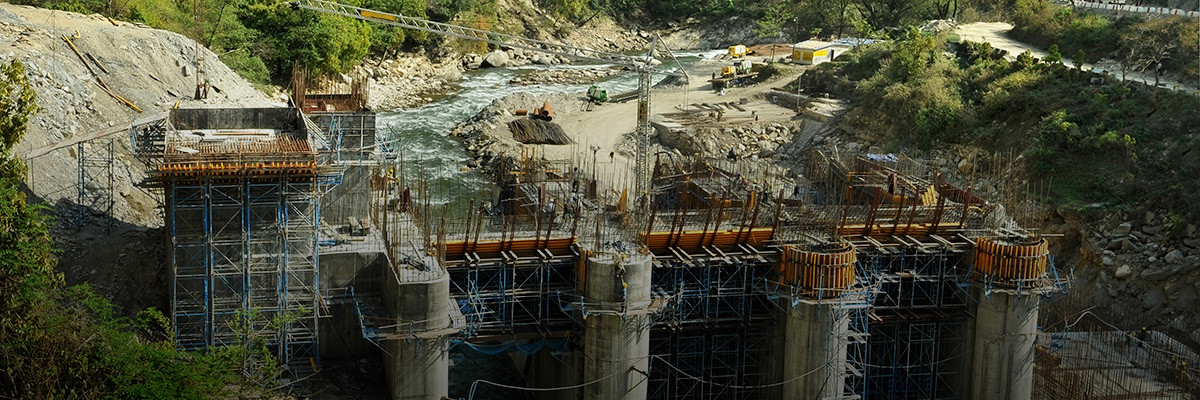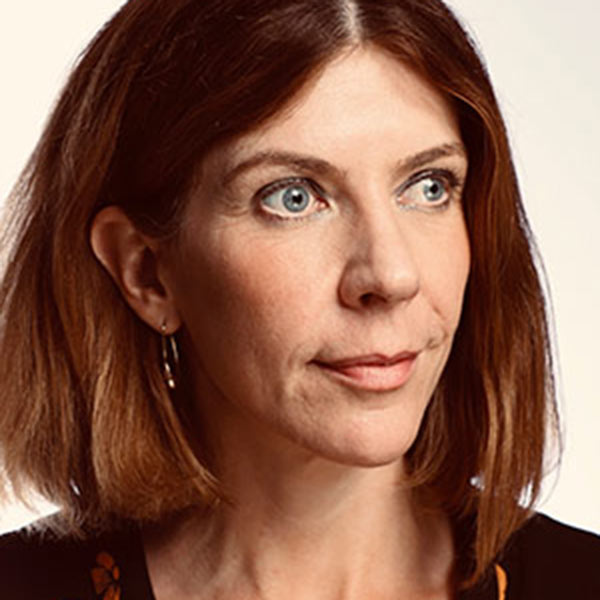
Mining, oil, and gas projects need to secure licenses to operate in the form of permits and government approvals. In recent years, the concept of the “social license to operate” has gained increasing traction. This is usually defined as the level of acceptance of a project among communities, stakeholders, and the public. The costs of public and stakeholder opposition can be considerable, and projects will not be profitable or sustainable over the long term without this social license. The term has also been used more broadly to determine the level of public and stakeholder trust that a company possesses overall—and once lost, that trust can be extremely difficult to regain.
As we move toward a low-carbon economy, renewable energy projects may find they are facing challenges building a social license to operate just as profound as in “traditional” oil and gas and mining projects. For renewables companies to continue on a trajectory of successful growth and innovation, they will need to incorporate and build on best practices in managing social and governance risk. Because of its long experience of operating in high-risk environments, much of this expertise currently rests with the extractives industry, and this transfer of skills and experience is essential to managing a successful energy transition.
Taking cues from the mining, oil, and gas sector, how can renewables projects build a social license to operate in 2016?
Plan Ahead and Allocate Resources
There is now a wealth of evidence on the financial consequences of poor approaches to stakeholder and community engagement. “Above-ground” risks, such as expropriation, corruption, conflict, resettlement, and damage to local livelihoods, can cause huge and costly delays at the project level and can also seriously damage corporate reputations.
An early, detailed assessment of the project context can help companies identify and plan for risks and potential scenarios. Companies can then ensure that project timelines and budgets are realistic and factor in community consultation, engagement, and investment.
Identify Both Risks and Opportunities
Building a social license to operate is often understood in terms of identifying and mitigating the risks of opposition and obstruction. Risk assessments are a valid and powerful approach, not least because they align well with commercial and technical project analysis.
However, an exclusive focus on risk mitigation can obscure the significant opportunities that might arise from an effective social impact strategy. For example, BSR recently worked with a company that found its grievance mechanism had built so much trust that community members were helping identify theft and corruption incidents on the project. Another company we worked with found that investment in skills development in the community has helped expand local sourcing, which, in turn, is helping the company meet legal requirements to hire local people (i.e., “local content” rules), and has enhanced political relationships.
Leading companies do not view the question of a social license as purely an exercise in risk mitigation, but an opportunity to set standards, deepen their understanding of the local context, and establish an ongoing, mutually reinforcing dialogue with external stakeholders.
Engage with Concepts of Community Consultation—and Consent
There is a complex and evolving debate around the notion of obtaining “free, prior, and informed consent” (FPIC) from indigenous communities for a project. This concept features in a number of international frameworks, starting with the United Nations and International Labor Organization, but FPIC really gained traction when it was included in both the International Finance Corporation’s Performance Standards and the Equator Principles.
Today, much of the international project financing available for extractives projects requires prior consultation with the local community, and the notion of FPIC is also expanding beyond the original remit of “indigenous peoples.” There are a number of practical challenges with the concept of seeking and gaining community consent, but the concept is growing in importance, and communities may increasingly demand consent. Seeking consent is an entirely separate process from obtaining government approvals and an official license to operate, but the loss of the social license can also affect regulatory and political status, particularly in democracies.
Adopt Broad Engagement Strategies
One of the primary challenges of community engagement is understanding who represents the community and not falling into the trap of interacting solely with its most powerful members. Companies that still view community engagement primarily as a matter of outward communication about the timing and impacts of the project will miss the opportunity for broader relationships and discourse. They will also ensure that only the loudest members of the community respond.
Many companies have entered a vicious circle where they seek to win over the opposition and direct their entire their social investment budget to projects that these groups demand. This process can worsen conflict and entrench dependency, as well as exclude more marginalized community members, such as women or low-income people.
It is important for companies to hold public consultations, to engage with community leaders, and respond to grievances. But it is also important to adopt broad engagement strategies that consider the needs of the whole community.
Hydro-Québec’s Eastmain-1-A/Sarcelle/Rupert project in Québec represents a great example of this in the renewable sector. Prior to the project, an agreement signed with the Cree communities defined the terms of partnership in the project, and Hydro-Québec committed to ensuring Cree participation in studies and work related to construction. After the project was completed, an independent review committee conducted a broad consultation with 200 people from the six Aboriginal communities living in the area and concluded that the project promoted better understanding between the parties and greater Cree participation in developing the region.
Understand How Social and Political Interactions Are Linked
Traditionally, government affairs teams have managed processes around securing government licenses and political relationships, and political risk insurance seeks to manage risks from expropriation, coups, and other events that might affect the overall viability of a project. Meanwhile, social performance teams manage immediate community interactions. Very frequently, this distinction is unhelpful.
Political stakeholders can have opposing agendas—the national government might welcome foreign investment in renewables projects, while regional political leaders are concerned about local environmental and social impacts, and may not see any benefit from the revenue and taxation that the projects bring to the country. These local leaders can use their networks to generate considerable opposition and resistance.
Renewables companies need to conduct detailed mapping of the relationships between different stakeholder groups and plan for scenarios where these relationships might escalate social risk. And renewables companies should adopt a holistic approach to their social license that considers the project context beyond the immediate environment.
Consider the Local/Global Nexus
One of the most obvious consequences of our era of hyper-connectivity is that there is no such thing as a local problem. Environmental disasters and community conflict can very quickly become global, front-page news, forcing companies to tackle more fundamental questions of reputation and social license beyond the immediate project area.
Local civil society organizations are increasingly coalescing around wider global themes of environmental protection, transparency, and human rights, and this can help secure support and visibility from large international non-governmental organizations tackling the same questions. Communities that might once have been isolated can now use sophisticated social media approaches to call out poor company practices and gain traction among shareholders and the public.
In short, companies can no longer reliably control their own reputations, assume that challenges around their projects are “local problems,” or distribute information piecemeal over time.
Renewables companies’ stakeholder engagement strategies need to consider global and local relationships in tandem, and consistency is critical. Transparency is no longer a choice—it is a contextual reality.
Ensure that Benefits Are Sustainable Throughout the Project Lifecycle
Managing expectations across a project lifecycle is the final critical element of a social license. Although renewables projects may have longer and more sustainable lifespans, they will still have very different impacts, risks, and opportunities during construction and production.
Extractives projects work to factor this in, and, increasingly, they are prioritizing social investments that promote community ownership and economic sustainability after the project ends. Extractives companies are also focused on new approaches to understand and measure the impact of social investments, so that they can provide the accountability that so many stakeholders demand. Renewables projects should take note of this approach as they move forward.
Renewable energy companies may be less used to ideas of seeking a social license, as they often understand social responsibility as a core element of their value proposition. While that may be true, it does not obviate the need to understand the social context and adopt best-practice engagement strategies.
Extractives companies have learned that the social license is hard won and can be easily lost, and that recovering from poor engagement can have significant reputational and financial costs. It's time for renewable energy companies to ensure that these considerations are built into the projects that will meet our future energy needs.
Let’s talk about how BSR can help you to transform your business and achieve your sustainability goals.
